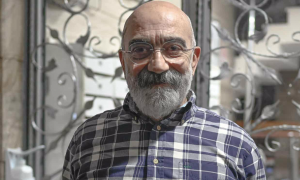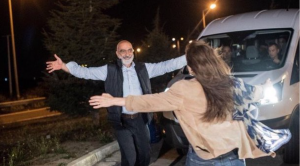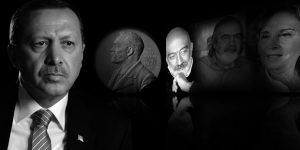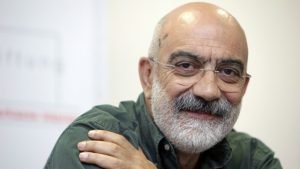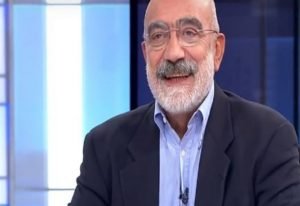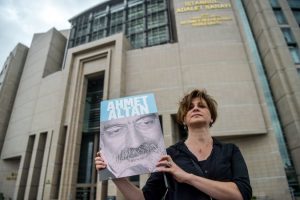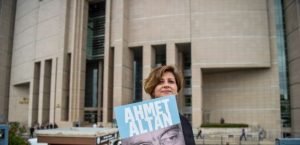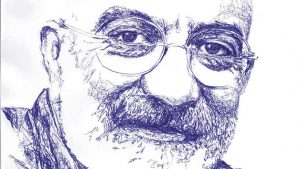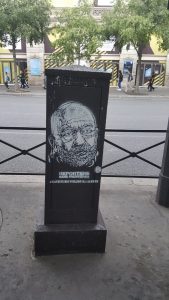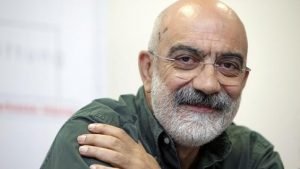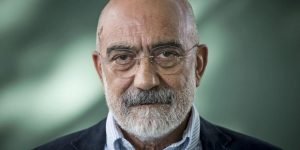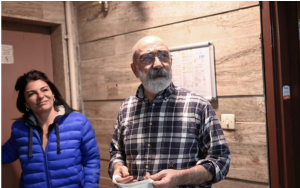
Ahmet Altan è uscito di prigione. Non è stato vano raccontare quello che gli stava succedendo, non è stato vano fare appello ai lettori per scrivere all’ambasciata turca l’imperativo #FreeAltan, non è stato vano esserci.
Vederlo fuori dalla cella in cui il regime turco l’ha rinchiuso dal 2016 è innanzi tutto la prova che firmare appelli e intervenire con le proprie forze, smonta l’indolenza cinica di credere che nulla valga la pena, che è da anime belle, ingenue e naïf pensare che un regime come quello neo-ottomano di Erdogan potesse smuoversi dinanzi a una catena umana di email o a una pioggia di articoli. Non è così, come Amnesty International sa bene, e infatti è stata protagonista anche in questa vicenda.
To read (in Italian) the aticle by Roberto Saviano here.


